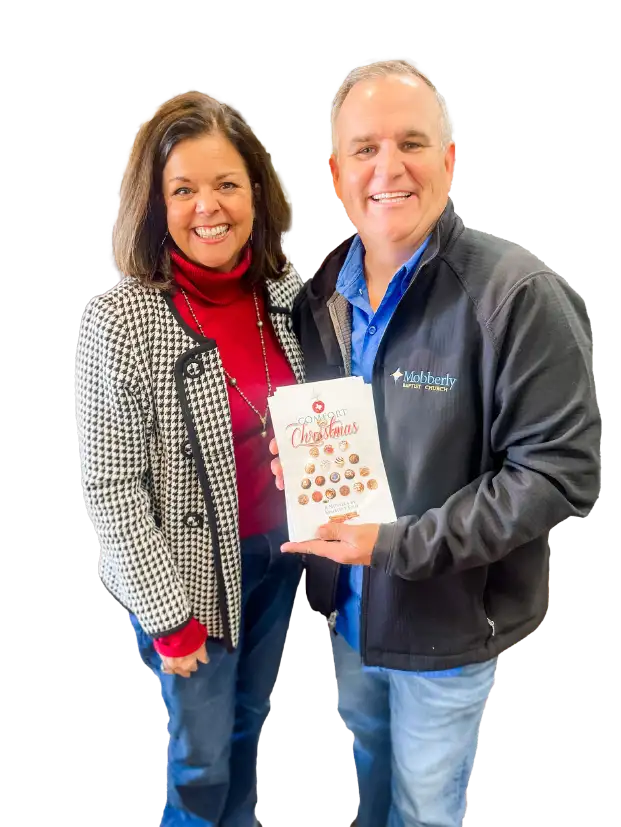I was born into the U.S. Army in September of 1964, and surrendered my privileges when I turned 18 and gave back my I.D. card—the days in between feel like the pages of a myth. My father was training at the Ranger’s Camp outside Dahlonega, Georgia when I came screaming into the world, and in that scenario my mother was the real trooper. I learned quickly what it meant to travel light, don’t get attached to things or places, and how to make friends fast—and forget them with a wave of goodbye. As I didn’t know any other way to live, I thought my childhood was quite normal, and it many ways, it was stuff of dreams.
It does something to a kid to hear that your father is a hero—and mine truly was having served three tours in Vietnam and a member of the elite Special Forces. Having a dad that can walk into any room and mobilize it for covert activities puts a mind at rest about where we’re traveling on vacation or how we are going to adapt to a remote assignment. I was one of the lucky ones. My father didn’t need to prove his authority by beating my mother or his children. Nor do I have memories of him venting about the terrors of war in our living room. Somehow, he was able to process the atrocities he witnessed and carried on. I think that’s at the heart of what it means to be a solider. I do think the unsung champion in my childhood would be my mother. The military doesn’t view dependents with ease, and she had to endure countless planting and tearing of roots, the only parent to sick children, loneliness of a breadth I’ve never known, and fear of being widowed like the countless other women who watched a green vehicle slowly ease into their driveway. That kind of daily fear must eat at a soul, but my mother stood proudly at all the ceremonies and never let on that she was dying inside. I think that’s at the heart of what it means to be a soldier’s wife.
I, on the other hand, learned what it meant to adapt. Complaining wasn’t something tolerated, and that bred a resilience that held hands with optimism and both hoped a better day was coming. It usually did. I learned to find something interesting about all the places we lived, the houses we called ours for a short time. Toys were pieced together from what survived a move, and freedom to roam came easily on property governed by the military police. I was not unique. Every child in every desk at DOD school knew the same reality that I did, and we became a fraternity of followers. We’d save something from all our addresses, small touchstones of a story or a place that would help us remember the long line of doors we’d walked through. No one talked about this process, it was just understood.
I look back on what the Army taught me about living in this world, and I’m incredibly grateful to have been born into a family that knew their purpose, had their marching orders, and held their friendships with open arms. I look around and see so many unhappy people searching for some peace, some understanding, and realize they don’t know how to gather their touchstones and appreciate what they have. They don’t know how to adapt to their moment. That’s unfortunate, because contentment lies in that blink of an eye. Life was not easy in Army. Nor was it without uncertainties, but to be able to adjust—with little notice—was a skill I have applied at every hiccup in my life, and I’m glad for my time in the Army.
